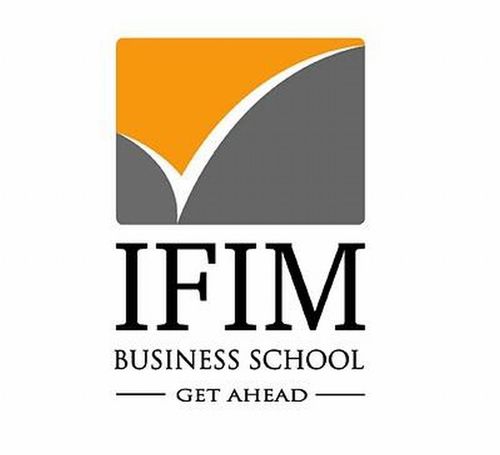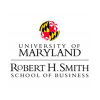Are you the Director of a Centre feeling the challenges of moving forward on the sustainability agenda? And is COVID-19 only adding to your challenges? If so, please join the Network for Business Sustainability Sustainability Centres Community Workshop on July 12-14, 2021, in Vienna, Austria.
This event brings together a powerful community of more than 170+ business school centres from across the world. The Workshop has been held every two years over the last decade — and just ask those who have previously attended to learn how much more progress they have made in their centre through their participation!
The 2021 Workshop will focus on increasing impact and building collective wisdom. In addition to a day of multi-sectoral engagement, two days will examine how to improve sustainability centre research, teaching, outreach, and strategy.
The event will be either hybrid, with both in-person and virtual participation, or entirely virtual. (We’ll make the final decision on format after the New Year, as COVID restrictions evolve.) Registering now, though, holds your spot for a limited enrollment event. Workshop info here; registration here.
The Workshop is hosted by the Center for Sustainability Transformation and Responsibility (STaR) at the Vienna University of Economics and Business and the Institute for Business Ethics and Sustainable Strategy (IBES) at the FH Wien University of Applied Sciences for Management & Communication.
If you don’t know about our Sustainability Centres Community, do join. It’s free, and we can do so much more by working together than alone. Keep safe and well — and hope to see you in July.




















